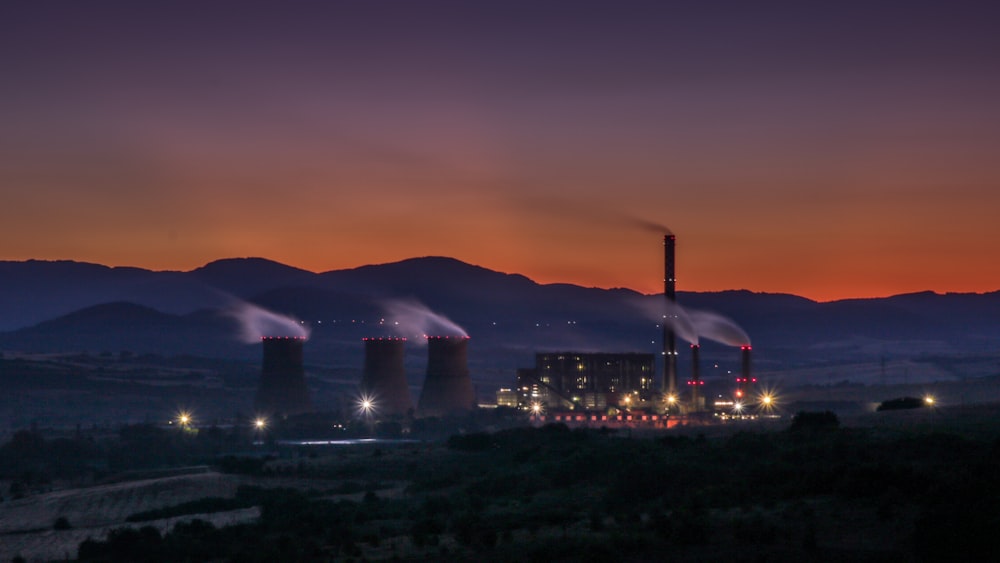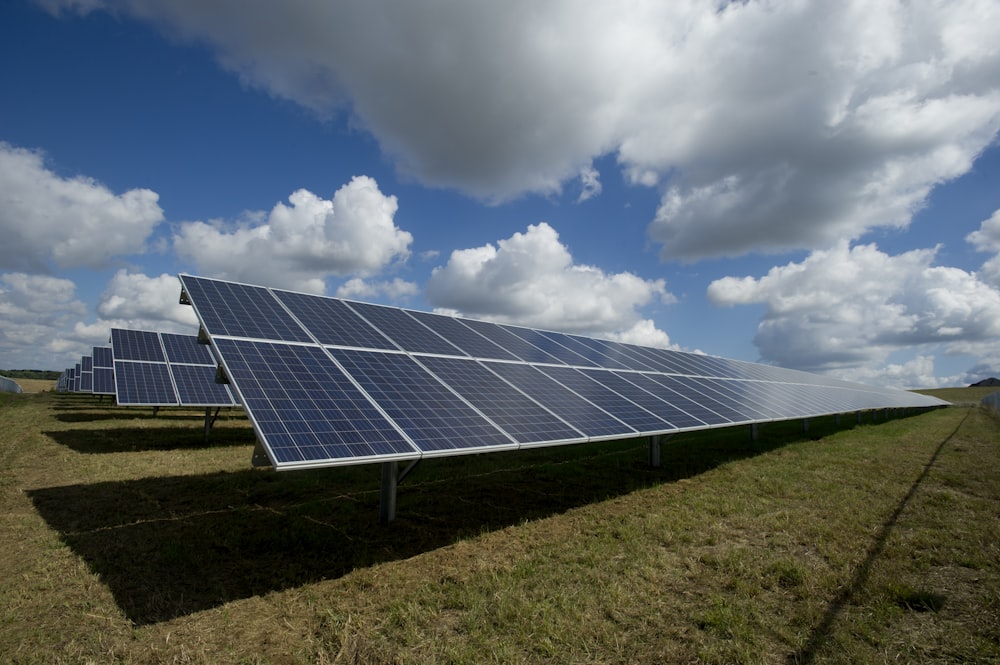
Sustainable Energy Is Energy That A Green Definition
Sustainable Energy Is Energy That: A Green Definition
Defining Sustainability in Energy
Sustainable energy is energy that not only meets the needs of the present without compromising the ability of future generations to meet their own needs but also minimizes environmental impacts. It encompasses renewable energy sources such as solar, wind, hydro, biomass, and geothermal energy, which are naturally replenished and have minimal environmental impact. Learn more about what sustainable energy is energy that and its importance in shaping a greener future.
Embracing Renewable Resources
Sustainable energy sources rely on renewable resources that are continuously replenished, unlike finite fossil fuels such as coal, oil, and natural gas. Solar energy, for example, harnesses sunlight to generate electricity through photovoltaic panels, while wind energy utilizes the kinetic energy of wind to power turbines. Hydroelectric energy harnesses the energy of flowing water, while biomass energy derives from organic materials such as wood, agricultural residues, and municipal solid waste. Geothermal energy utilizes heat from the Earth’s interior to generate electricity or provide heating and cooling.
Reducing Carbon Footprint
One of the primary benefits of sustainable energy is its ability to reduce carbon emissions and mitigate climate change. Unlike fossil fuel-based energy sources, which release carbon dioxide and other greenhouse gases when burned, sustainable energy sources produce little to no emissions during operation. By transitioning to sustainable energy sources, we can significantly reduce our carbon footprint and limit the impacts of climate change on our planet.
Promoting Energy Security and Independence
Sustainable energy promotes energy security and independence by diversifying the energy mix and reducing reliance on imported fossil fuels. Renewable energy sources are often domestically available and abundant, reducing vulnerability to supply disruptions and price fluctuations associated with imported fossil fuels. Additionally, distributed renewable energy systems, such as rooftop solar panels and small wind turbines, enhance energy resilience by decentralizing energy production and reducing dependence on centralized grids.
Creating Economic Opportunities
Investing in sustainable energy creates economic opportunities by driving job creation, stimulating investment, and fostering innovation. The renewable energy sector employs millions of people globally in manufacturing, installation, maintenance, and other related industries. Additionally, investments in renewable energy projects attract capital, spur economic growth, and revitalize local economies. By embracing sustainable energy, we can build a more resilient and prosperous economy for future generations.
Enhancing Environmental Stewardship
Sustainable energy prioritizes environmental stewardship by minimizing environmental impacts such as air and water pollution, habitat destruction, and resource depletion. Renewable energy sources have lower environmental footprints throughout their lifecycle compared to fossil fuels, from extraction and processing to transportation and combustion. Additionally, sustainable energy projects often incorporate environmental safeguards and conservation measures to minimize impacts on ecosystems and biodiversity.
Fostering Innovation and Technology
Sustainable energy drives innovation and technological advancements in the energy sector, pushing the boundaries of what’s possible with clean energy technologies. Advances in renewable energy technologies, energy storage, grid integration, and energy efficiency are accelerating the transition to a sustainable energy future. Additionally, research and development efforts in sustainable energy are driving down costs, improving performance, and expanding the reach of renewable energy solutions.
Empowering Communities
Sustainable energy empowers communities by providing access to clean, reliable, and affordable energy sources, particularly in underserved areas. Off-grid renewable energy solutions such as solar home systems, mini-grids, and portable solar devices enable energy access in remote and rural communities without access to centralized grids. Additionally, community-owned renewable energy projects empower local residents to take control of their energy future, promote energy equity, and strengthen community resilience.
Investing in a Greener Future
In conclusion, sustainable energy is energy that meets present needs without compromising the ability of future generations to meet their own needs. By embracing renewable energy sources and minimizing environmental impacts, we can build a more sustainable and resilient energy future for all. Investing in sustainable energy is not only essential for addressing climate change and protecting the environment but also for promoting economic growth, enhancing energy security, and empowering communities.



